Kelp and seafood are the most reliable natural sources of iodine because certain vegetables which contain iodine also contain substances which interfere with its absorption by the body. Although a normal diet is believed to contribute 150-170μg of iodine daily, the prevalence of iodine deficiency throughout the world leads us to believe that many people are not getting this amount without recourse to supplementation. Cytoplan kelp (a type of seaweed) contains the species Ascophphyllum nodosum.
- Our kelp is iodine rich and also contains a broad spectrum of minerals, trace elements, micro-nutrients, vitamins, prebiotics and carotenoids
- From a sustainable and clean supply of kelp
- Kelp is the name given to a whole variety of seaweeds, it is often called a “herb from the sea”
- Kelp contains large amounts of the mineral iodine and the iodine content of kelp means it is of great potential benefit to thyroid metabolism
- Kelp also contains traces of every known mineral and element which act as catalysts in the body and stimulate vital enzyme reactions
- The mineral iodine helps make the thyroid hormones. These hormones help keep cells and the metabolic rate healthy
- Suitable iodine levels are important in preconception, pregnancy and breastfeeding as the nutrient supports the baby’s future neural development
- Iodine cannot be stored by the body for a long period and it must be obtained regularly via the diet or supplements
- Amongst various recognised functions iodine contributes to normal cognitive function and to normal functioning of the nervous system


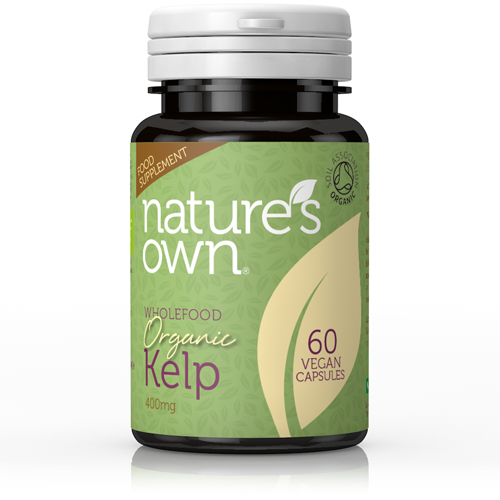
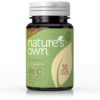
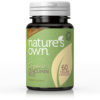

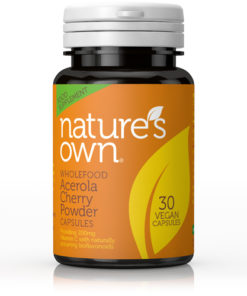
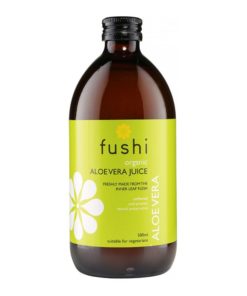
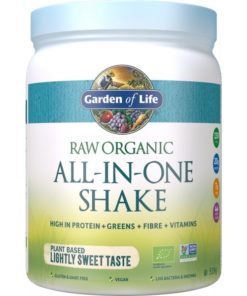
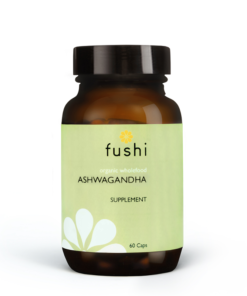
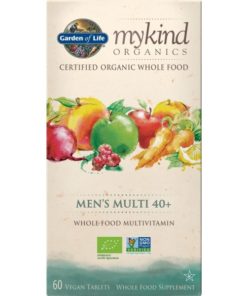
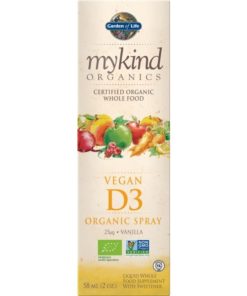
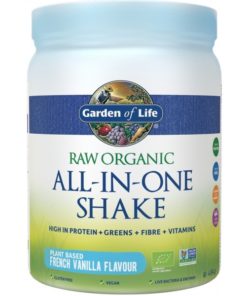
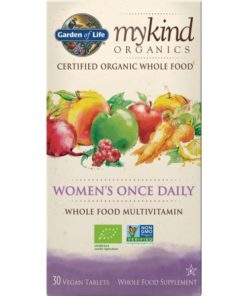
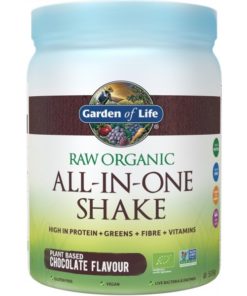

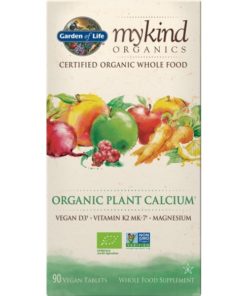
Reviews
There are no reviews yet.